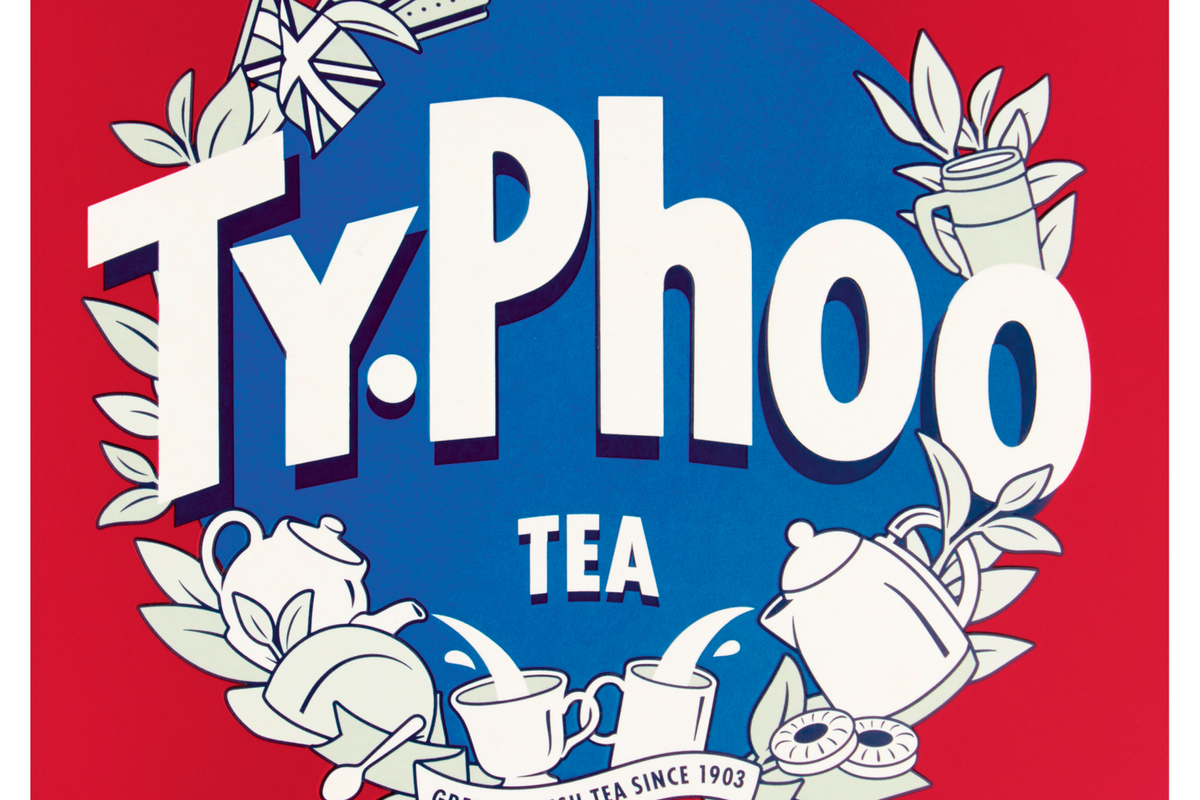Consumer goods manufacturer and wholesaler Supreme Plc on Thursday confirmed that it is participating in a “process regarding the potential acquisition” of Typhoo Tea, which has fallen into administration on Wednesday.
“Whilst discussions with the administrators are now at an advanced stage, there can be no certainty that the potential acquisition will be completed,” Supreme added in a regulatory filing.
Typhoo Tea has filed a notice to appoint administrators earlier this month, allowing the company temporary protection from creditors while exploring options to address their debts.
Founded in 1903 by Birmingham grocer John Sumner, Typhoo was once among the UK’s best-loved tea brands. However, in recent years, the company has struggled as Britons increasingly shift towards coffee, energy drinks, and novelty beverages like bubble tea.
Typhoo’s revenues fell from £34 million in 2022 to £25 million in 2023, while losses surged from £9.7 million to £38 million in the same period, as per publicly available accounts.
Supreme supplies products across categories including batteries, lighting, vaping, sports nutrition and wellness, and soft drinks.
In addition to distributing brands such as Duracell, Energizer and Panasonic, and supplying lighting products exclusively under the Energizer, Eveready, Black & Decker and JCB licences across 45 countries, Supreme has also developed brands in-house, most notably 88Vape, has a growing footprint in sports nutrition and wellness via its principal brands Sci-MX and Battle Bites.
The company has recently expanded into the soft drinks market with the acquisition of Clearly Drinks, adding established brands such as Perfectly Clear and Northumbria Spring to its portfolio.


